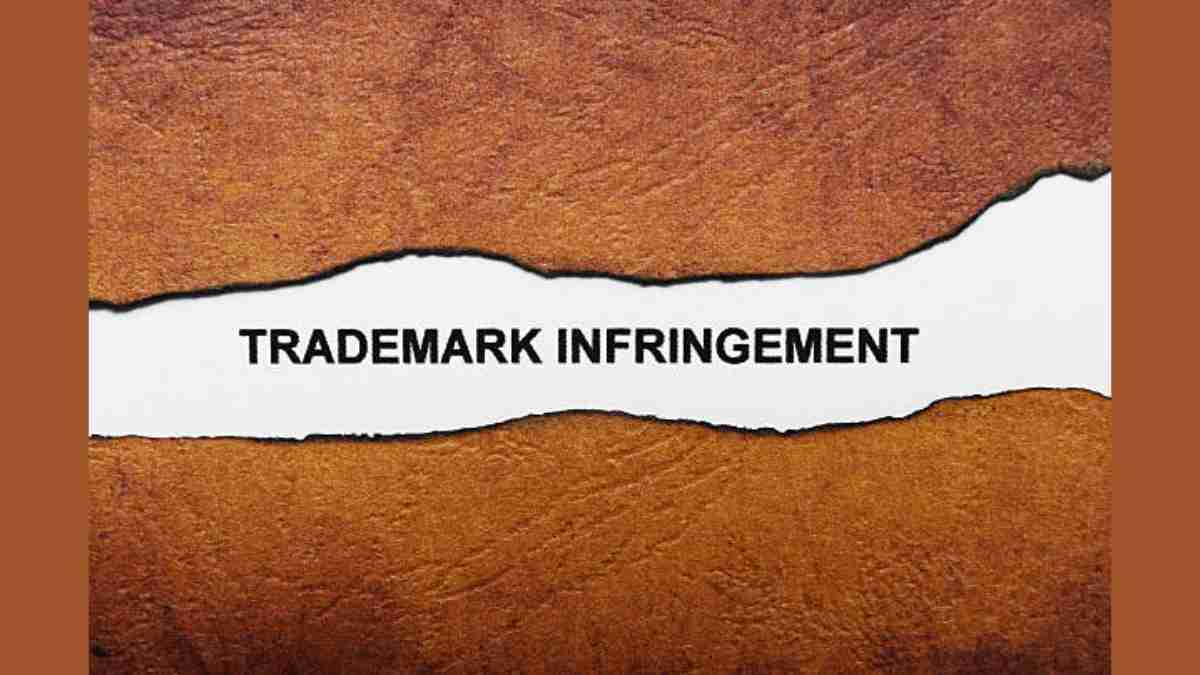Trademark infringement is a critical issue in the world of business and intellectual property. It occurs when a third party unlawfully uses a trademark that is already registered by another entity, leading to potential confusion among consumers. Protecting trademarks is essential to safeguard a brand’s identity, reputation, and market presence. Infringement lawsuits play a significant role in ensuring that trademarks are adequately defended.
Understanding Trademarks:
1. Definition of Trademarks:
A trademark is a unique symbol, word, phrase, design, or combination thereof used to identify and distinguish goods or services of one entity from those of others.
2. Types of Trademarks:
Trademarks can be registered, unregistered, collective, or certification marks, each offering different levels of protection.
3. Trademark Registration Process:
The process of registering a trademark involves filing an application with the relevant intellectual property office and undergoing examination.
4. Benefits of Trademark Registration:
Trademark registration provides exclusive rights, legal protection, and nationwide recognition to the trademark owner.
Trademark Infringement Lawsuits :
1. Definition of Trademark Infringement:
Trademark infringement occurs when a third party uses a similar or identical mark to a registered trademark in a way that may cause confusion among consumers.
2. Types of Trademark Infringement:
Direct infringement, contributory infringement, and vicarious infringement are common forms of trademark infringement.
3. Common Examples of Trademark Infringement:
Examples include using a similar logo, name, or slogan that may confuse consumers about the source of goods or services.
4. Consequences of Trademark Infringement:
Trademark infringement can lead to legal action, financial penalties, and damage to the brand’s reputation.
How to Identify Trademark Infringement:
1. Conducting Trademark Searches:
Trademark searches help identify potential infringement cases and ensure that a chosen mark is unique and available for registration.
2. Monitoring Trademark Usage:
Regular monitoring of trademark usage helps identify any unauthorized use or potential infringement by competitors.
3. Seeking Legal Advice:
Consulting a trademark attorney is essential for proper guidance on identifying and dealing with trademark infringement.
Steps to Take in Case of Trademark Infringement:
1. Cease and Desist Letters:
Sending a cease and desist letter demands the infringing party to stop using the trademark immediately.
2. Filing Trademark Infringement Lawsuits :
In serious cases, the trademark owner may file a lawsuit to protect their rights and seek remedies.
3. Gathering Evidence for the Trademark Infringement Lawsuits :
Strong evidence, such as proof of the mark’s use and likelihood of confusion, is crucial for a successful lawsuit.
4. Preliminary Injunctions:
Obtaining a preliminary injunction can prevent further infringement while the case is ongoing.
Defenses against Trademark Infringement Claims:
1. Fair Use Defense:
A defendant may argue fair use if they use the mark for purposes such as commentary, criticism, or parody.
2. Generic Trademarks:
Generic terms cannot be trademarked, and thus, no infringement occurs when using such terms.
3. Abandonment Defense:
Firstly, A defendant may claim abandonment if the trademark owner has not actively used the mark for an extended period.
4. Consent Defense:
If the trademark owner indeed gives consent, the alleged infringement may not hold ground.
Trademark Litigation Process:
1. Pre-trial Proceedings:
The litigation process involves filing the complaint, serving the defendant, and conducting initial case assessments without a doubt.
2. Discovery Process:
Both parties gather evidence, documents, and witness testimonies during the discovery phase.
3. Trial and Evidence Presentation:
The trial involves presenting evidence, questioning witnesses, and making legal arguments.
4. Post-trial Appeals:
Either party may appeal the court’s decision if they disagree with the verdict.
Remedies for Trademark Infringement:
1. Injunctive Relief:
Courts may grant injunctions to stop the infringing party from using the trademark.
2. Monetary Damages:
Trademark owners may seek compensation for financial losses caused by the infringement.
3. Destruction of Infringing Goods:
Courts may order the destruction of counterfeit goods or materials using the trademark unlawfully.
4. Attorney’s Fees and Costs:
The prevailing party may be entitled to recover attorney’s fees and litigation costs.
Role of IP Lawyers in Trademark Infringement Lawsuits :
1. Importance of Hiring a Trademark Lawyer:
Trademark lawyers provide expertise and guidance throughout the infringement process.
2. Expertise in Trademark Law:
Trademark attorneys have in-depth knowledge of trademark laws and regulations.
3. Negotiation and Settlement Skills:
They can negotiate settlements and licenses to resolve disputes outside of court.
4. Representing Clients in Court:
Trademark attorneys represent clients in court and vigorously protect their interests.
Read More
- Trademark Litigation Services: Expert IP Attorneys in Chennai
- Importance of Trademark Portfolio Management for Businesses
- Trademark Enforcement and Litigation
- Trademark Opposition & Rectification: The Best IPR Attorneys
- Trademark Legal Services in FindTrademark.Org: How to find Expert Support?
Conclusion:
Trademark infringement lawsuits play a vital role in safeguarding the exclusive rights of trademark owners. Protecting trademarks is essential to maintaining a brand’s reputation and market presence. Seeking the assistance of experienced trademark lawyers ensures effective representation and protection against infringement.
